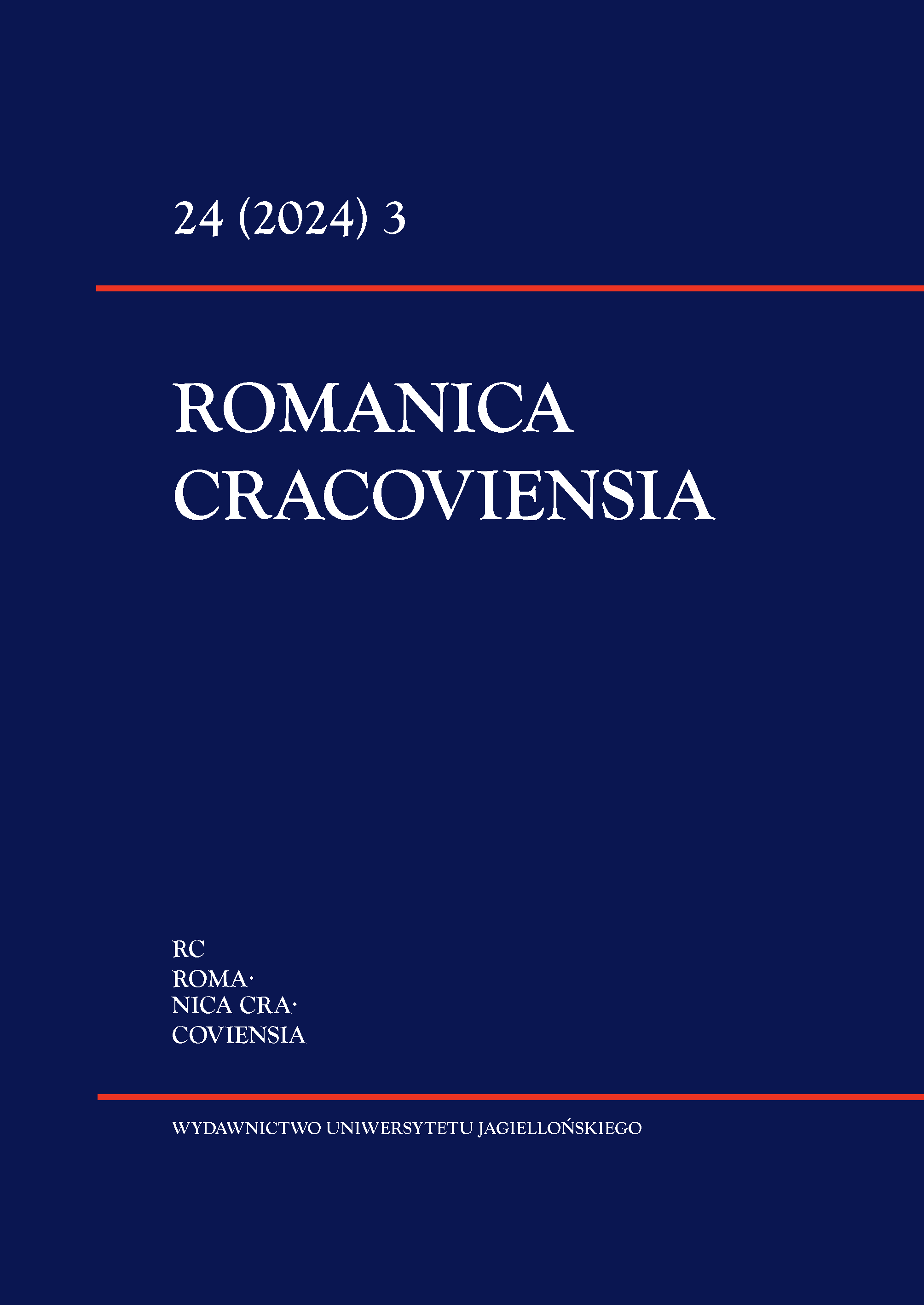OVERT PRONOUNS
ARE CHALLENGING:
SUBJECT REALIZATION
IN WRITTEN NARRATIVES
OF PORTUGUESE-FRENCH
BILINGUAL SCHOOL-
AGE CHILDREN
OVERT PRONOUNS
ARE CHALLENGING:
SUBJECT REALIZATION
IN WRITTEN NARRATIVES
OF PORTUGUESE-FRENCH
BILINGUAL SCHOOL-
AGE CHILDREN
Author(s): Cristina Flores, Esther RinkeSubject(s): Syntax, Semantics
Published by: Wydawnictwo Uniwersytetu Jagiellońskiego
Keywords: null subjects; overt pronouns; syntactic context; pragmatic constraints; European Portuguese; heritage languages;
Summary/Abstract: This paper examines the use of referential expressions in the subject position in European Portuguese(EP) in a corpus of narratives written by two groups of Portuguese-speaking school-age children:monolingually-raised children living in Portugal and bilingual French-Portuguese children living inSwitzerland. We focus on the children’s choice of null and overt subjects, considering both the syn-tactic context (inter- and intrasentential) and the pragmatic context (topic continuity and topic shift).Additionally, we explore potential age and proficiency effects within the group of bilinguals. Resultsshow an overuse of overt pronouns in intersentential topic continuity contexts in the narratives of thebilingual children, modulated by proficiency and age. This confirms that potential changes to heritagelanguage grammars in EP may affect, in particular, the use of overt subject pronouns. The overuse ofstrong pronouns reflects that their acquisition is challenging for monolingual and for bilingual childrenalike, probably due to the complexity and variability of overt subject pronouns in the adult grammar.
Journal: Romanica Cracoviensia
- Issue Year: 24/2024
- Issue No: 3
- Page Range: 383-398
- Page Count: 16
- Language: English

